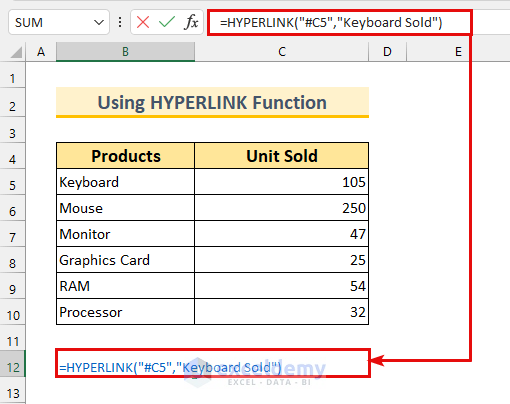Why Does My Employer Request Disability Accommodation Paperwork?

At some point in your career, you may find yourself in a situation where you need to discuss workplace accommodations due to a disability or medical condition. Often, the initial steps include filling out paperwork, a process that many employees might find daunting or confusing. This article dives deep into the why's, how's, and what's of disability accommodation paperwork, ensuring both employers and employees understand the process better.
Understanding the Legal Framework

The primary legislation governing workplace disability accommodations in the U.S. is the Americans with Disabilities Act (ADA). This law ensures that individuals with disabilities have the same opportunities as everyone else when it comes to employment.
- ADA prohibits discrimination against individuals with disabilities in all areas of public life, including jobs.
- Employers with 15 or more employees are obligated to make reasonable accommodations unless it causes undue hardship.
Why Is Disability Accommodation Paperwork Necessary?

The main reasons why employers request disability accommodation paperwork are:
- Verification: To confirm the existence of a disability and the need for accommodation. This ensures the requests are legitimate and within legal frameworks.
- Assessing Impact: Understanding how the disability impacts job performance and what changes might be necessary.
- Documentation for Legal Compliance: Employers need to document their efforts to comply with laws like the ADA, which might be reviewed in case of a legal challenge.
- Protecting All Parties: Having a formal process ensures fairness and transparency, protecting both employee and employer rights.
The Process of Requesting Accommodation

Here’s how the typical process unfolds:
- Employee Initiation: You might start by informally discussing your needs with your manager or HR.
- Completion of Paperwork: Your employer will likely provide forms or instructions to fill out regarding your disability and the accommodations you seek.
- Medical Documentation: You may need to provide documentation from your healthcare provider confirming your disability and detailing necessary accommodations.
- Discussion and Negotiation: Sometimes, further dialogue is necessary to ensure the accommodations are feasible and effective.
- Implementation: Once agreed upon, the accommodations are put into place.
🏥 Note: Employers might require specific forms or documentation from a healthcare provider to verify the need for accommodations.
Types of Accommodations

| Type | Examples |
|---|---|
| Work Environment | Ergonomic chairs, improved lighting, wheelchair accessibility |
| Job Restructuring | Modifying work schedules, reallocating non-essential duties |
| Technology and Equipment | Screen readers, voice recognition software, or specialized computer equipment |
| Policies | Allowing service animals in the workplace, providing a fragrance-free environment |

The Interactive Process

Employers are expected to engage in an interactive process, a cooperative dialogue with employees to find suitable accommodations:
- Engagement: Employers must show a good faith effort in discussing and exploring options.
- Flexibility: Both parties might need to adjust expectations or consider alternative solutions.
- Documentation: Keeping records of all discussions and decisions made during this process.
🤝 Note: The interactive process is crucial for determining what accommodations are reasonable and effective.
What Happens if Accommodation Is Not Possible?

Not all requests can be met. Here’s what can occur:
- Alternative Solutions: Finding another way to accommodate or modify the request.
- Unreasonable Burden: If the accommodation presents an undue hardship, the employer might not be legally obligated to provide it.
- Legal Remedies: Employees can explore legal options if they feel their rights have been violated.
Recap of Key Points

The key aspects to remember regarding disability accommodation paperwork include:
- The ADA provides the legal backbone for workplace accommodations.
- Paperwork helps verify the need for accommodations and documents the process for legal compliance.
- The interactive process fosters a cooperative approach to find suitable accommodations.
- Not all accommodations can be granted due to feasibility or undue hardship considerations.
Why does an employer need documentation for disability accommodations?

+
Employers require documentation to verify the disability’s existence, understand its impact on job performance, and ensure legal compliance when providing accommodations.
Can my employer ask for any personal medical information?

+
Employers can request information relevant to your disability and job functions but must avoid intruding into unrelated personal health details. Only necessary information should be shared.
What if my employer refuses my accommodation request?

+
If a reasonable accommodation cannot be provided due to undue hardship or other limitations, employers might explore alternative solutions. If unresolved, legal action could be considered, although this should be a last resort.



